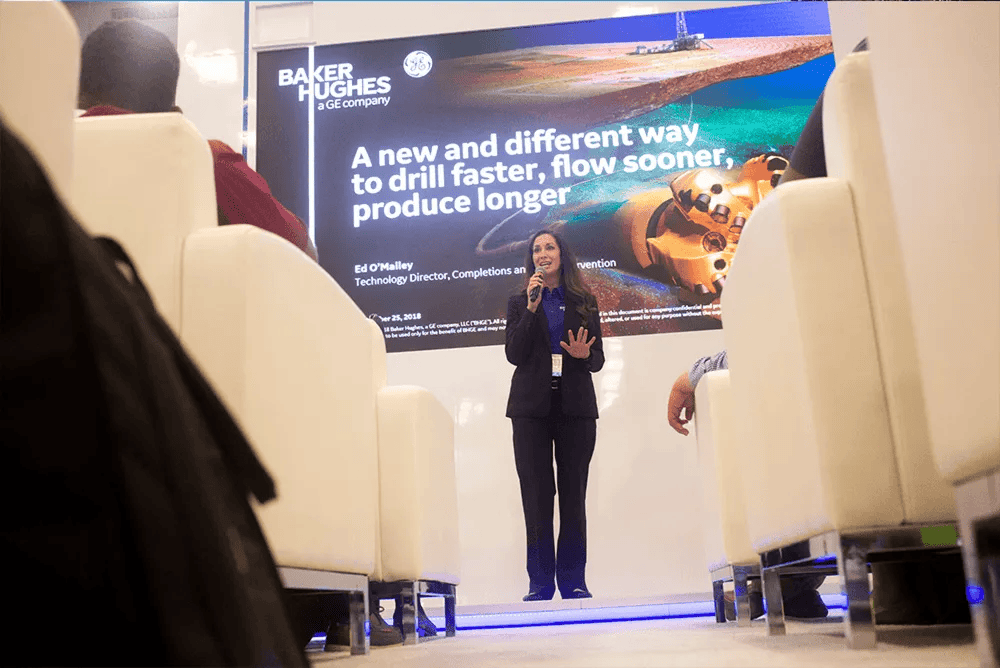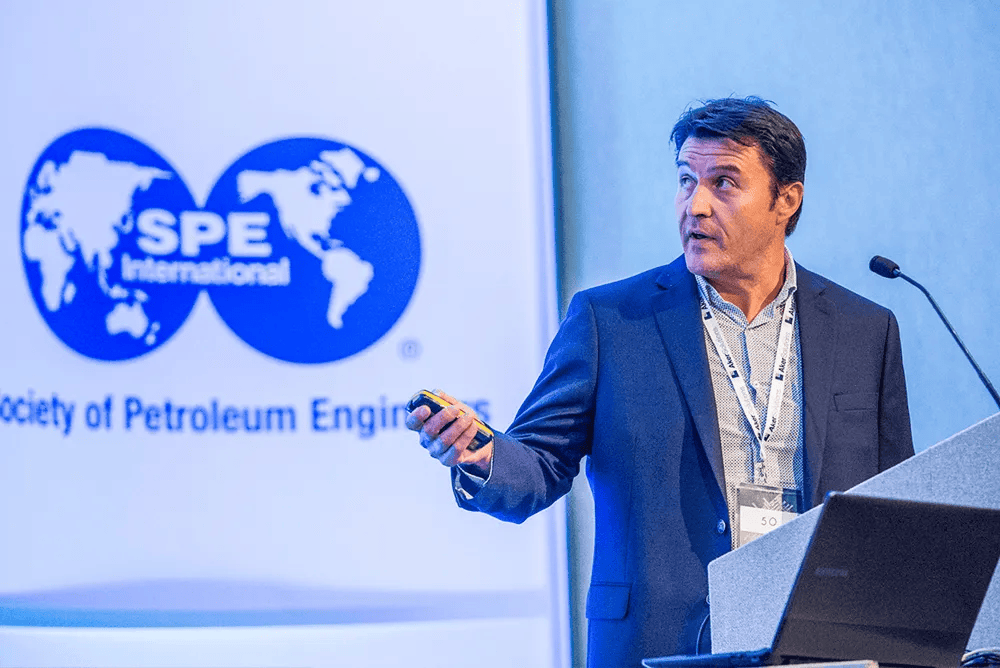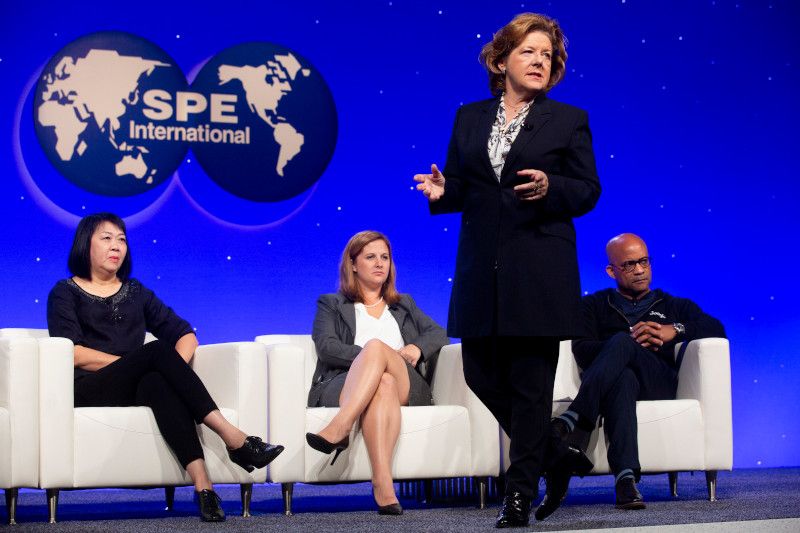055: Safety: Occupational Safety and Risk Management: Transport Safety — Land Transport, Rail, Vehicles, Journey Management, and Driver Monitoring
056: Safety: Occupational Safety and Risk Management: Transport Safety — Marine
057: Safety: Occupational Safety and Risk Management: Transport Safety — Aviation: Air Transport, Helicopter Best Practices, and Unmanned Airborne Vehicles
058: Safety: Occupational Safety and Risk Management: Operational Safety — Mechanical Lifting, Dropped Objects, Work at Height, and Chemical Safety
059: Safety: Occupational Safety and Risk Management: Operational Safety — Confined Space Entry
060: Safety: Occupational Safety and Risk Management: Operational Safety — Effective Language and Communication Tools (simplify the complex)
061: Safety: Occupational Safety and Risk Management: Operational Safety — Lab Safety Procedures
062: Safety: Occupational Safety and Risk Management: Security — Asset and Personal Security
063: Safety: Occupational Safety and Risk Management: Security — Cyber Security
064: Safety: Process Safety and Risk Management: Process Safety — Physical Barriers and Asset Integrity
065: Safety: Process Safety and Risk Management: Process Safety — Asset Integrity including Aging Assets
066: Safety: Process Safety and Risk Management: Process Safety — Human Barriers
067: Safety: Process Safety and Risk Management: Process Safety — Managing Major Incident Risks and Emergency Response
068: Safety: Process Safety and Risk Management: Process Safety — Natech (natural hazard triggered technological)
069: Safety: Process Safety and Risk Management: Process Safety — Barrier Management
070: Safety: Process Safety and Risk Management: Operating Risk Management — Safety and Environmental Critical Elements/Risks
071: Safety: Process Safety and Risk Management: Operating Risk Management — Identification of Safety Critical Tasks
072: Safety: Process Safety and Risk Management: Operating Risk Management — Well Operations
073: Safety: Process Safety and Risk Management: Operating Risk Management — Downstream and Midstream — Refinery and Petrochemicals Operations
074: Safety: Process Safety and Risk Management: Operating Risk Management — Downstream and Midstream — Pipeline Safety
075: Safety: Process Safety and Risk Management: Advances in Modelling and Statistics
076: Safety: Strategy, Systems, and Processes: Management Systems — Industry Alignment/Harmonisation of Standards and Practices
077: Safety: Strategy, Systems, and Processes: Management Systems — Regulatory Compliance
078: Safety: Strategy, Systems, and Processes: Management Systems — Organisational Culture and Leadership
079: Safety: Strategy, Systems, and Processes: Management Systems — Management of Change
080: Safety: Strategy, Systems, and Processes: Audit and Assurance Programmes
081: Safety: Strategy, Systems, and Processes: Contractor Management/JVs and Stakeholder Management — Bridging Documents
082: Safety: Strategy, Systems, and Processes: Contractor Management/JVs and Stakeholder Management — Collaboration with Contractors, Partners, and Other Stakeholders
083: Safety: Strategy, Systems, and Processes: Contractor Management/JVs and Stakeholder Management — Contractor Pre-Qualification and Evaluation
084: Safety: Strategy, Systems, and Processes: Operational Excellence — Technology and Systems (Digital Twins, Wearables, IoT, AI etc.)
085: Safety: Strategy, Systems, and Processes: Operational Excellence — New Approaches, Innovation, and New Technology
086: Safety: Strategy, Systems, and Processes: Training and Competency — Non-Technical Skills/Competencies"
087: Safety: Strategy, Systems, and Processes: Training and Competency — Transferability between Industries"
088: Safety: Strategy, Systems, and Processes: Training and Competency — Effectiveness of Training Methodologies "
089: Safety: Strategy, Systems, and Processes: Learning from Events/Learning from Normal Work — Best Practices from Other Industries
090: Safety: Strategy, Systems, and Processes: Performance Management and Measurement
091: Safety: Strategy, Systems, and Processes: Safety Culture and Leadership (including Training and Tools, and Case Studies) — Workforce Involvement
092: Safety: Strategy, Systems, and Processes: Safety Culture and Leadership (including Training and Tools, and Case Studies) — Shaping HSE and Process Safety Culture
093: Safety: Strategy, Systems, and Processes: Safety Culture and Leadership (including Training and Tools, and Case Studies) — Accountability and Recognition
094: Safety: Strategy, Systems, and Processes: Safety in Projects — Worker Welfare
095: Safety: Strategy, Systems, and Processes: Safety in Projects — Accommodation and Living Conditions
096: Safety: Strategy, Systems, and Processes: Industry Standardisation and Regulatory Compliance
097: Safety: Strategy, Systems, and Processes: Emergency Response and Crisis Management
098: Safety: Strategy, Systems, and Processes: Human and Organisational Performance — Behaviour Engineering
099: Safety: Strategy, Systems, and Processes: Human and Organisational Performance — Human Error
100: Safety: Strategy, Systems, and Processes: Human and Organisational Performance — Psychological and Social Safety
101: Safety: Strategy, Systems, and Processes: Human and Organisational Performance — Fatigue Management
102: Safety: Strategy, Systems, and Processes: Human Factors, Ergonomics, and Engineering Design
103: Safety: Strategy, Systems, and Processes: Control of Work Systems
104: Safety: Strategy, Systems, and Processes: Managing Workforce Diversity — Language
105: Safety: Strategy, Systems, and Processes: Managing Workforce Diversity — Cross Cultural Challenges
106: Safety: Strategy, Systems, and Processes: Managing Workforce Diversity — Inclusive PPE





